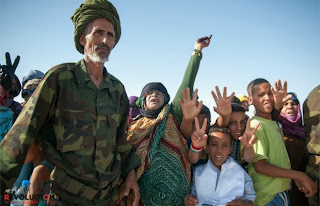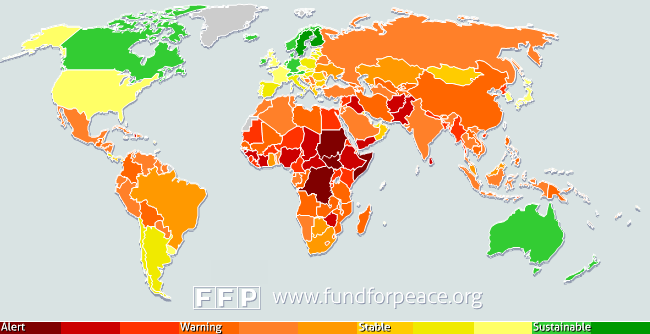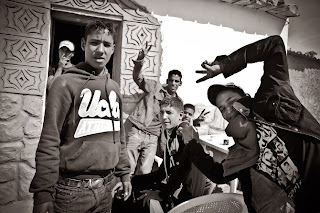Saharawi Voice: Stories from the Last African Colony

Saharawi Voice compiles the “stories from the forgotten people of Africa's last colony”, with the aim of conveying a sense of daily life in Western Sahara and the hardships of living in an occupied territory. Western Sahara is a disputed territory in the Maghreb region of North Africa, and one of the most sparsely populated places in the world, mainly consisting of desert flatlands. Nearly 40% of the population lives in El Aaiún, the largest city in Western Sahara. Occupied by Spain since the late 19th century, in 1975 it relinquished administrative control of the territory to a joint administration between Morocco and Mauritania. A war erupted between those countries and the Sahrawi national liberation movement, the Polisario Front , proclaimed the Sahrawi Arab Democratic Republic (SADR) with a government-in-exile in Tindouf , Algeria. Mauritania withdrew in 1979, and Morocco eventually secured effective control of most of t...





